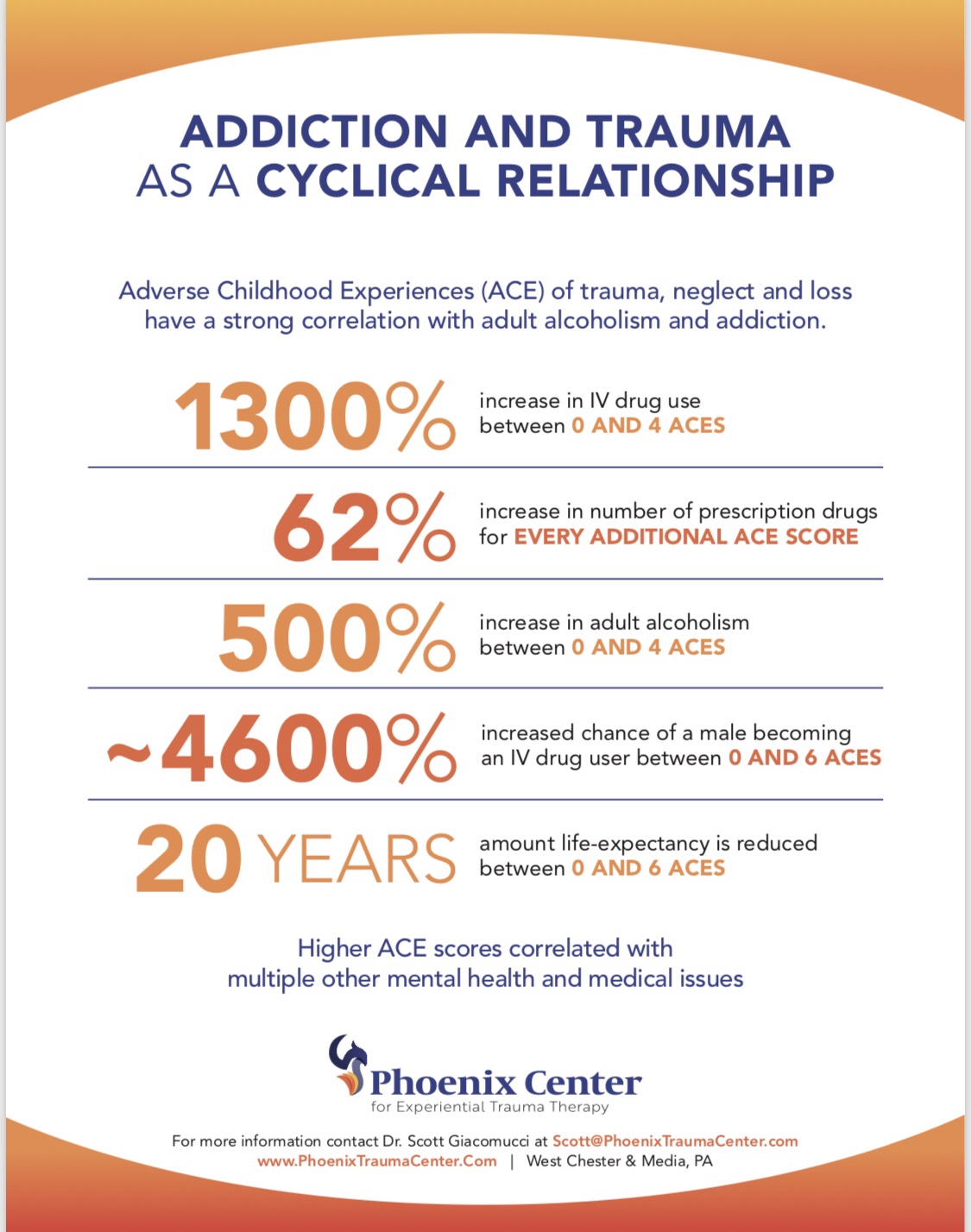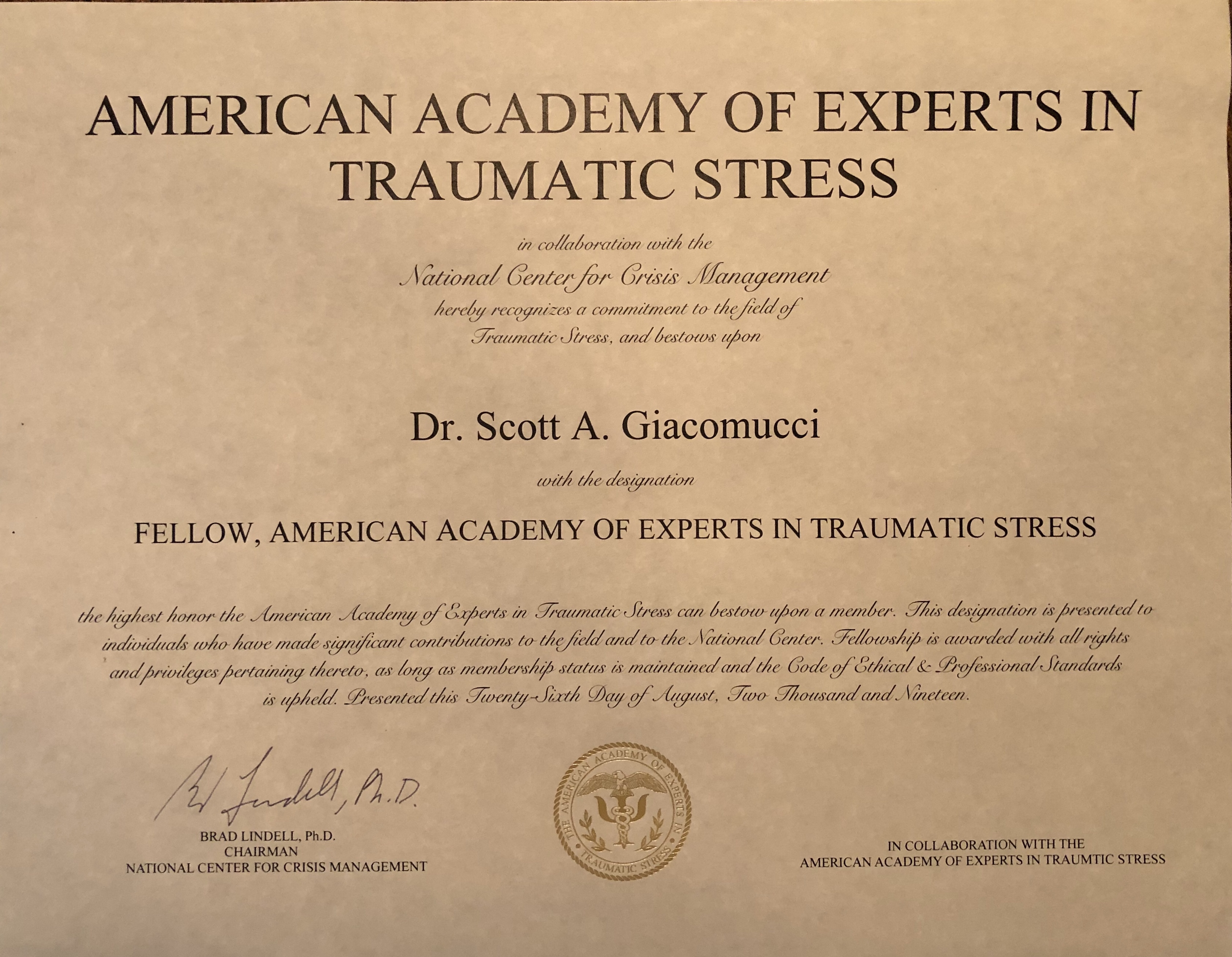We are excited to announce that we have been granted CE Provider status by the National Board of Certified Counselors (NBCC)!
As our requests for training & presentations continue to expand beyond the Philadelphia area, this allows us to provide CEUs for counselors throughout the country. These credits are also accepted by New Jersey for drug & alcohol counselors.
Reach out to us for more information about experiential trauma/addiction therapy training for your staff or for information on how we can provide CEUs for your events!

























